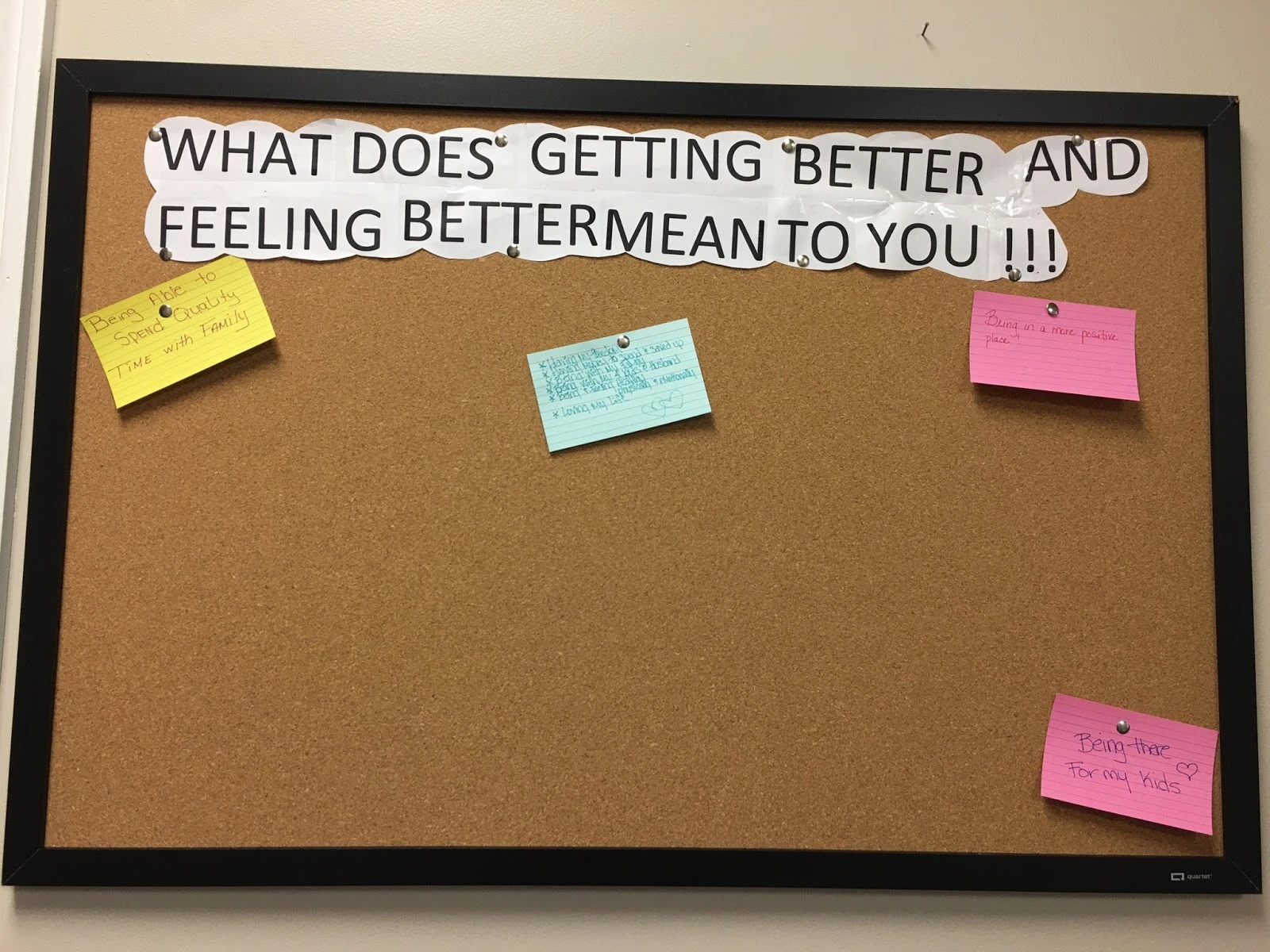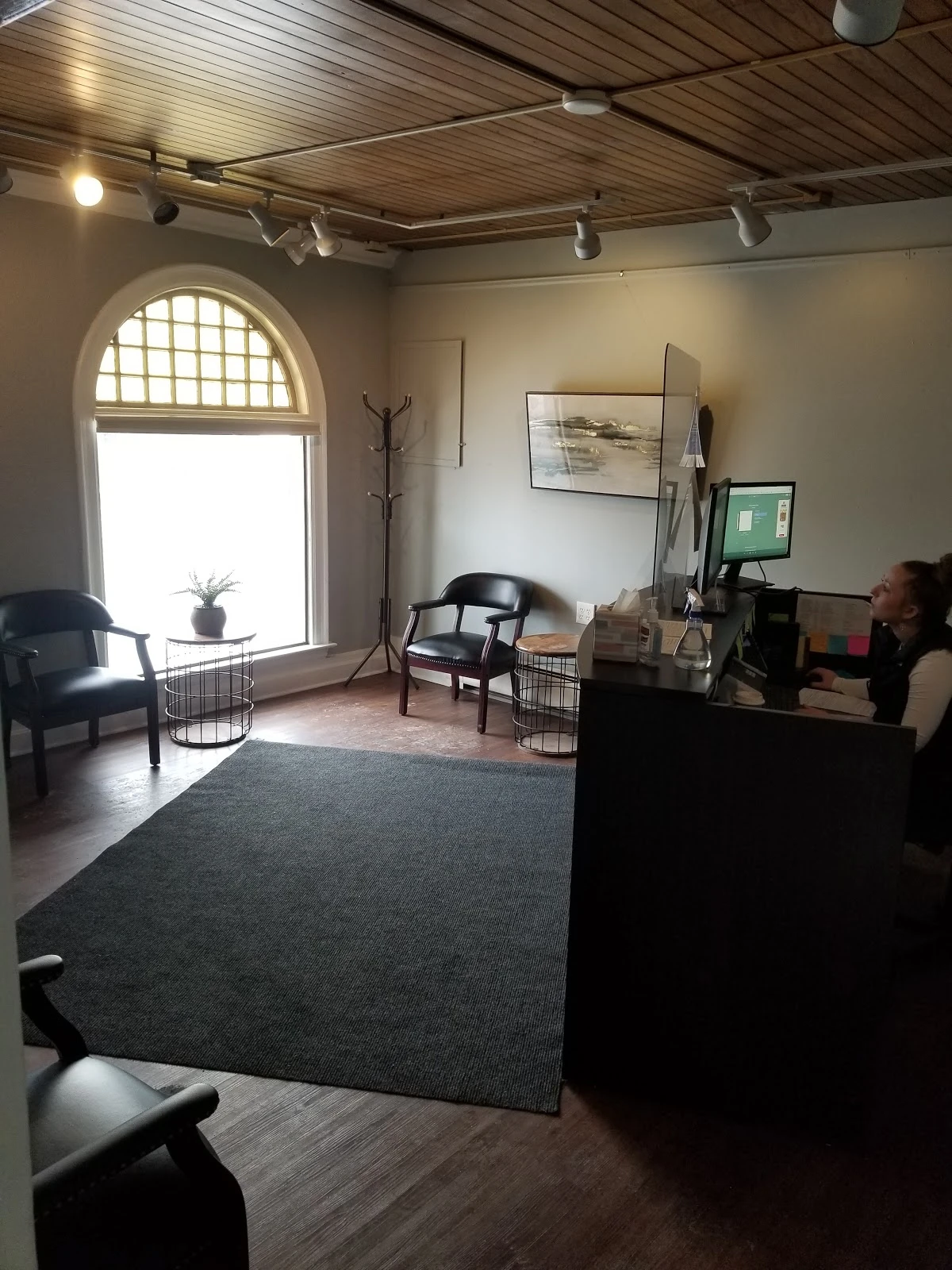In Springfield, Vermont, SaVida Health uses a complete, evidence-based method to treat opioid and alcohol addiction. The facility helps both men and women who are addicted by dealing with both the physical and mental parts of the problem. With a strong focus on holistic, individualized care, their services are meant to help people on their path to healing.
Medication-Assisted Treatment (MAT), individual and group counseling, care management, and aftercare services are just a few of the programs that SaVida Health has to offer. They also have special classes for women who are expecting. Cognitive Behavioral Therapy (CBT), medication control, and full assessments are some of the treatment methods used to make treatment plans unique. SaVida Health is known for providing comprehensive care. As part of their addiction treatment services, they offer mental health support. They also make sure that patients can get care right away by scheduling visits for the same day or the next day. The Joint Commission has approved the facility, which means that the care is of a high level.
SaVida Health Springfield Information
Treatment
Who We Treat
- Young Adults (18–25)
- Male and Female
Approaches
- Cognitive Behavioral Therapy (CBT)
- Motivational Interviewing
- 1-on-1 Counseling
- Medication-Assisted Treatment (MAT)
- Online Therapy
- Life Skills Training
- Relapse Prevention Counseling
Conditions We Treat
- Trauma
- Perinatal Mental Health
- Anger
- Co-Occurring Disorders
Substances We Treat
- Chronic Relapse
Languages
- English
Aftercare
- Outpatient Treatment
- Recovery Coach
Level of Care
- Outpatient
- Co-Occurring Mental Health
Experience
Smoking and Vaping Policy
- Smoking Not Allowed
- Vaping Not Allowed
Accreditations
-
SAMHSA certification for opioid treatment program (OTP)
SAMHSA's Opioid Treatment Programs (OTP) Accreditation is a rigorous recognition process, signaling an OTP's commitment to high-quality care for those with opioid use disorders. It assures patients, families, and the community that the program adheres to evidence-based practices, maintains a safe environment, and employs qualified staff. This accreditation represents a commitment to addressing the opioid epidemic and promoting recovery, symbolizing quality and accountability in opioid addiction treatment.
-
State department of health
State Licenses, issued by government agencies, authorize rehabilitation organizations to legally operate within designated geographical areas. The specific licenses required for operation are typically determined by both the nature of the rehabilitation program provided by the facility and its physical location.

-
The Joint Commission
The Joint Commission, previously known as JCAHO, is a nonprofit organization that accredits rehabilitation organizations and programs. Established in 1951, its mission is to enhance the quality of patient care and showcase excellence in healthcare delivery.

Additional Locations
SaVida Health Springfield Accepts The Following Insurance Plans
Find the best treatment options. Call our free and confidential helpline today!











